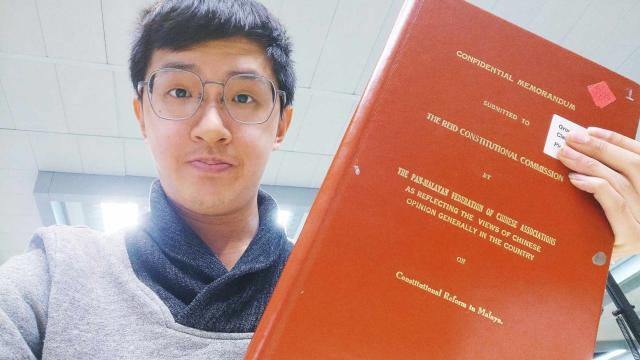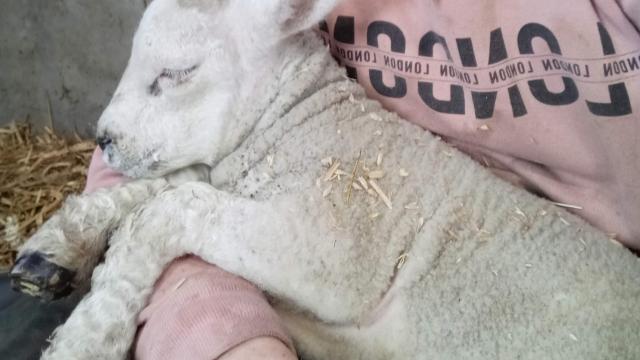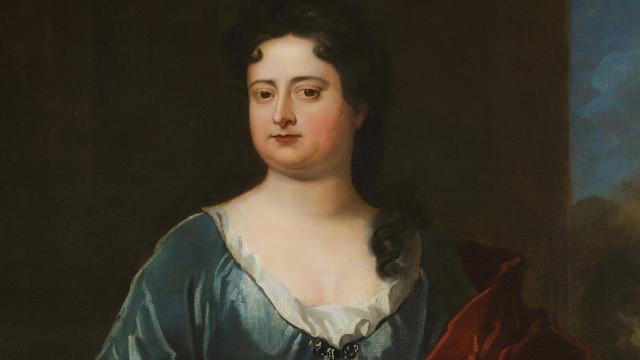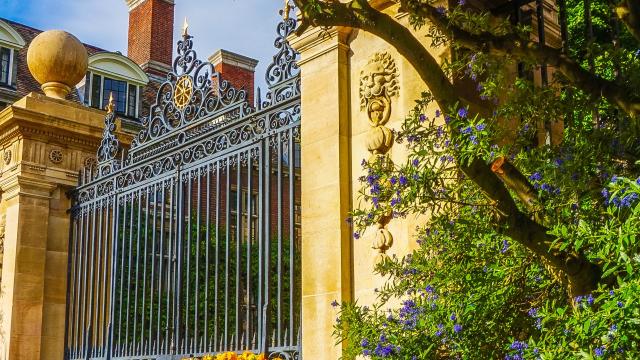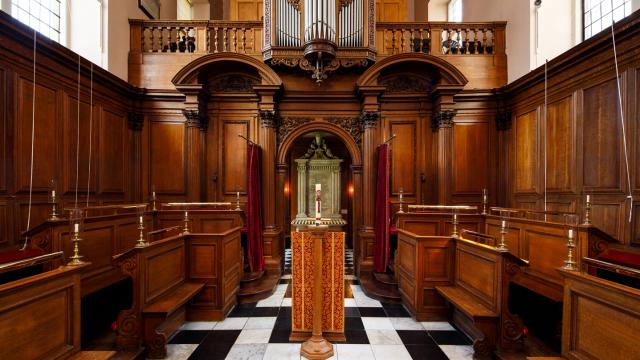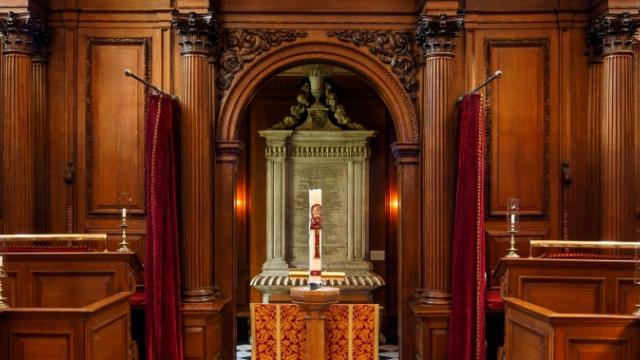
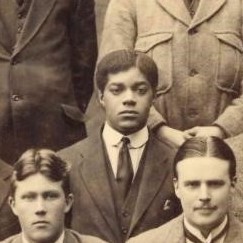
(© Stearn and Sons/Lafayette Photography Ltd)
Place of birth: Accra, Ghana
Year of matriculation at St Catharine’s (Catz): 1914
Subject: Law
Catz connection:
Hutton-Mills Jnr is suspected of being the student of African heritage to whom Alfred F. Adderley (1912, Law) extended a warm welcome, the latter described in a 1918 speech: “When I went to Cambridge in 1912, there was not a single son of Africa there. I was sorry. But when the first one came I was the first to go and grip his hand, and say, ‘While you are here, you are with me.’”
Life before Catz:
Hutton-Mills Jnr was educated at Wesley Boys’ High School, Sierra Leone, and King’s Lynn Grammar School in Norfolk, UK. He was the son of Thomas Hutton-Mills Snr, a prominent lawyer and politician in what was then known as the Gold Coast, making him a distant cousin of the late Ghanaian president John Atta Mills.
Life after Catz:
Hutton-Mills Jnr was called to the Bar and practiced law as a member of the Inner Temple from 1921. He was reportedly involved with farmers’ movements in the Gold Coast, as a legal or commercial adviser. For instance, he represented the Gold Coast and Ashanti Cocoa Federation during negotiations with European financiers and cocoa manufacturers (cocoa accounted for over 60% of exports).
He became an early member of Kwame Nkrumah's Convention People's Party – a socialist political party that led the anti-colonial struggle that achieved independence for Ghana in 1957. He was imprisoned with other party leaders in 1950 for his part in the boycotts and strikes of that year. Hutton-Mills Jnr and others used their imprisonment to consolidate their status in the campaign for self-government, so much so that wearing the prison graduate cap bearing the initials P. G. became one of the movement’s most distinguishable symbols.
After being released from prison, Hutton-Mills Jnr was elected as a member for Accra to the Legislative Assembly in the 1951 elections. He served his country as Minister for Commerce, Industry & Mines, Minister of Health & Labour and Deputy Commissioner in London. He became Ambassador to Liberia, a post he was holding when he died.

Pictured: Hutton-Mills Jnr's tutorial card.
References
Wikipedia. Thomas Hutton-Mills Jr. Available online: https://en.wikipedia.org/wiki/Thomas_Hutton-Mills_Jr.
Jeffrey Green. Black Edwardians. Available online: https://books.google.co.uk/books?id=qceWX4J2IbAC&pg=PA275&l
St Catharine’s College Society. Obituaries: John Huttgn-Mills (sic). St Catharine’s College Society Magazine. Available online: https://www.society.caths.cam.ac.uk/Public_Magazines/1959r.pdf
Samuel Rohdie. The Gold Coast Aborigines Abroad. The Journal of African History. 1965; 6(3): 389–411. Available online: https://www.cambridge.org/core/journals/journal-of-african-history/article/gold-coast-aborigines-abroad1/C9AD8A54BC72A6AA49A3C3CFB193DE7C
Global Nonviolent Action Database. Cocoa farmers in the Gold Coast successfully defend their livelihoods, 1937. Available online: https://nvdatabase.swarthmore.edu/content/cocoa-farmers-gold-coast-successfully-defend-their-livelihoods-1937
Clive Dewey & A. G. Hopkins. The Imperial Impact: Studies in the Economic History of Africa and India. University of London. 1978. Available online: https://books.google.co.uk/books?id=S1Y0AAAAIAAJ&q
Emmanuel Kwaku Akyeampong & Henry Louis Gates Jr. Dictionary of African Biography. 2012. Available online: https://books.google.co.uk/books?id=39JMAgAAQBAJ&pg
